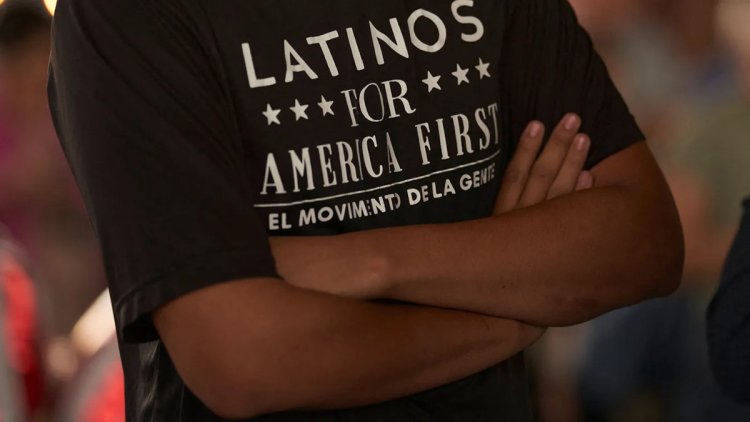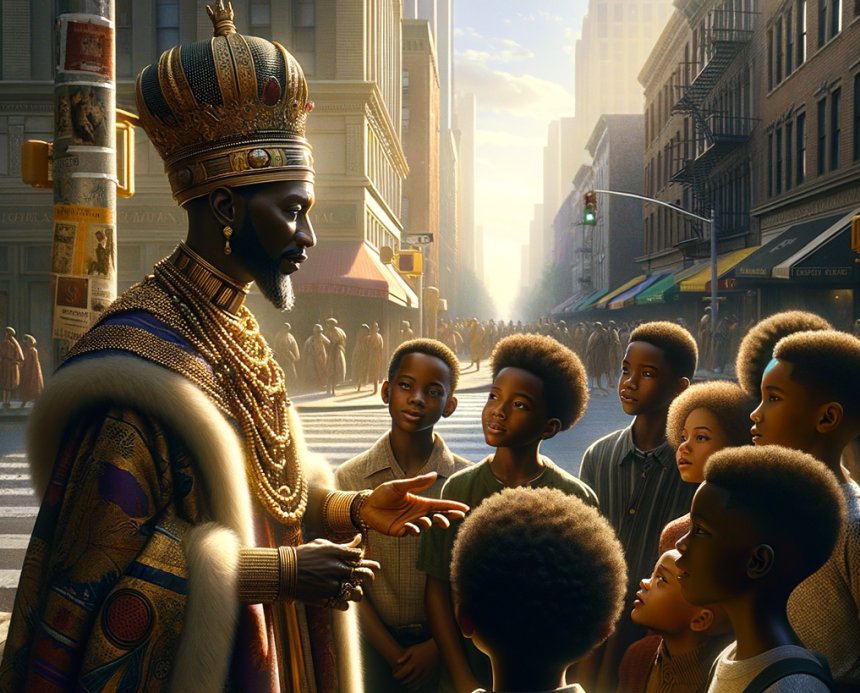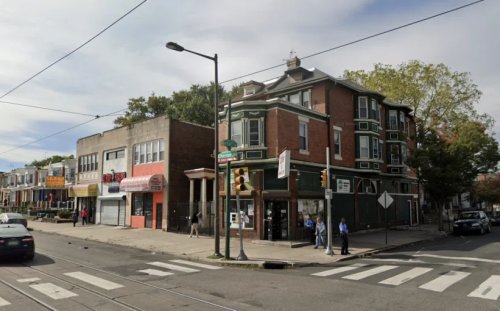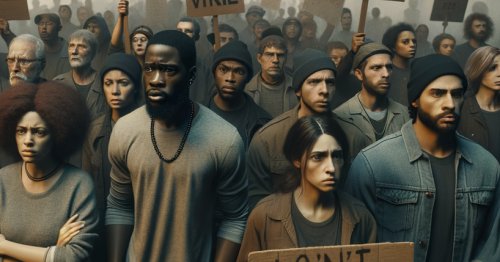Generational Parenting in the Black Community
We must mend the broken family ties and teach the next generation to value family more than the things in the world, their careers, and their own self-images.
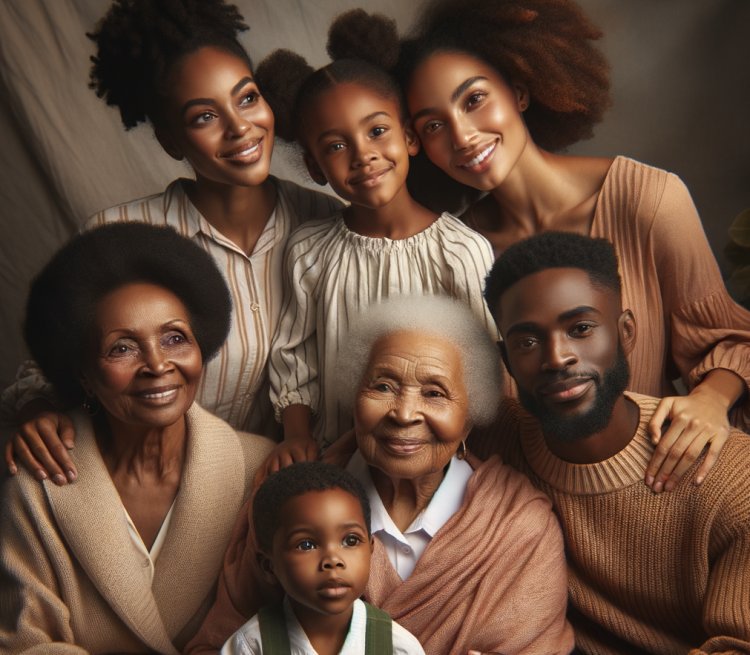
From the Baby Boomers to the youngest generation of Gen-Zers, the Black community has undergone more difficult parenting changes than other cultures with each new generation. Each generation adapting to the changing times and bringing forth a certain type of attitude and outlook on life. All facing the reality of systemic racism.
Boomers – ages 60 and beyond – were a generation who experienced segregation, extreme social and political change, and subjugation to Jim Crow Laws and discriminatory career atmospheres. They were a generation forced to choose between complying with white rule or defying the system and remaining in the ghettos and project units built for them.
Like every parent, they wanted better for their children and depending in their life choices, whether they chose to comply or rebel, many emphasized a college education to their children for them to succeed in this American society. Many sold out or sacrificed the Black community so their children could have a better chance. Their children, however, turned out to be a different breed.
The X generation – ages 40-60 - were collateral damage to their parent’s achievements. While their parents worked two jobs or organized dual-income families, working hard in white America as the cost of living increased, their children were forced to fend for themselves as latch-key kids. They were the day care generation who learned to socialize on the outside as opposed to growing up with a two-parent household.
Many Gen-Xers made the streets their family although some went off the college and succeeded in obtaining good jobs and bought homes under first-time buyers’ programs. Gen-X either imitated their parents or wanted to be nothing like them. Those who chose wisely had families of their own and started raising the next generation of people, the Millennials. As parents, Gen-X was an emotionally damaged people and either spoiled their children to give them everything they could not have under their Boomer parents, or they ruined them by living reckless lifestyles. These parents functioned off either prescription medication or stronger street drugs.
Nevertheless, millennials – ages 20-40 - turned out to be an extremely self-centered generation occupied by electronics, cellphones, video games, and the Internet. They tend to focus on themselves more than they do their own children, and they live out their lives on social media. These are the people who will get their hair and nails done before buying their children clothes or purchase and pimp out their cars before sending child support to their baby’s mamas.
When the millennials started to birth children into the world, by this time, they were full-blown mentally damaged by prescription medication and believing they were abused and mistreated by their parents of Gen-X, when in reality, politics and the economy was to blame.
They saw the struggle their parents had and vowed to do life completely differently. They leaned more toward entrepreneurship and are determined to break the curse of corporate slavery. As a result of their complex mental status, their children, Gen-Z, are children born under the influence of too much screen time and have veered into the bad-ass kids’ territory.
With each new generation, parents have gotten more selfish and broken the traditions of workforce dedication, religious worship, and traditional family roles. All these alternative breaks from normal family trends have led to a society of broken families and self-centered people who have lost all desire to listen and learn from their elders. Celebrities, music, and cultural trends educate the last generation of Gen-Z and old fashion education, job security, and community are relics of the past.
Belief in God has been killed by many new age propagandas because people cannot see past the struggles they are having. Cultural introductions to alternative lifestyles, step families, homosexuality, unsafe streets, mass shootings, child trafficking, and synthetic drugs have made the coming generations more vulnerable to a further breakdown of society and the family.
Although the Boomer generation started this downhill slide into family dysfunction, the generation before them must have had a handle on life a little better. The traditional family based on mother, father, and children with the mother focused on the children instead of a job, will return society to a state of normalcy. But with the demand of corporate greed today, that is highly unlikely.
However, if Black America looked to Gen-Z to reverse the trends, it may be the only salvageable generation. We must mend the broken family ties and teach them to value family more than the things in the world, their careers, and their own self-images. A major change in social structure is on the horizon which means the following generations will tear down what has caused the damage and rebuild something new. Black America must be prepared.
